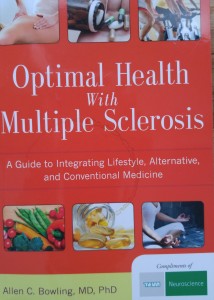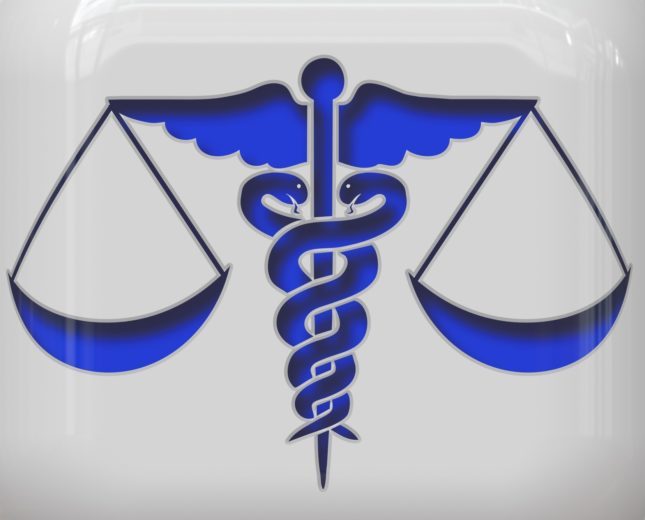Placebo Medicine Topics
COVID-19
How to avoid misinformation and respond appropriately to this pandemic. click here.
These topics highlight the intersection of alternative and mainstream medicine.

Medicine is an empirical science but it is also an art. It is best when it is both. Some alternative treatments are physiologically active but the number of illnesses they treat is often exaggerated. Others are inert but work through the placebo effect. Non-pharmacological interventions (NPIs) can directly treat pain, nausea, psychiatric symptoms and psychosomatic illness. This section is about defining the proper role for NPIs in modern medicine and explaining the confusion over alternative treatments.
Psychiatry is a medical specialty in which underlying causes of illness are not known. Treatments involve altering levels of chemicals that are produced, or not produced, by the brain to compensate for bodily injury. This can often be done equally well with non-pharmacologic interventions (NPIs) or medications but usually works best when you use both together. I believe that alternative treatments should have a much bigger role in psychiatry and should be used side-by-side with medications.

Multiple Sclerosis (MS) is an illness that has traditionally straddled the border between alternative and mainstream medicine. It is a relapse-remitting illness so anything you treat it with tends to work. Alternative treatments have often made false claims that they can treat the underlying pathology. Only mainstream treatments can decrease injury to the myelin sheath that surrounds nerve cells. Alternative treatments cannot treat the underlying pathology but they can alleviate a number of problematic symptoms such as pain and fatigue. We should be able to treat MS with both alternative and mainstream medicine used together. This can be done safely, effectively and ethically through proper education but may be difficult due to strongly held false beliefs on both sides.
Cannabis is a treatment that has traditionally straddled the border between alternative and mainstream therapies. It is physiologically active and can treat glaucoma, anorexia, nausea, pain, spasticity, and Dravet’s syndrome which is a rare form of childhood epilepsy. It is generally not a first line treatment except in the case of Dravet’s syndrome. Controlled studies are lacking and there are health risks associated with chronic daily use. Its ability to treat everything under the sun has been greatly exaggerated but it appears to be very potent as a placebo. It is a poorly understood and confusing treatment whose role in modern medicine needs to be better defined.
Somatoform Disorders are a group of medical conditions for which there is no known patho-physiology. These conditions are commonly said to be, “All in your head.” These conditions may be entirely psychological or there may be a psychological component as well as a physiologic component. Treatment requires a behavioral approach. Placebo Medicine is the treatment of choice after a work-up has determined that there is no known physiologic cause of illness.
Controversy is a section that discusses critiques of the idea that non-pharmacologic interventions can effect chemical changes in the brain that effect clinical outcome. Also, it is about the conflict between believers in alternative vs mainstream medicine.

Dr. Levy does speaking engagements to both professional and non-professional groups on a sliding scale. Read his bio and contact him at: Morgan L. Levy, MD
